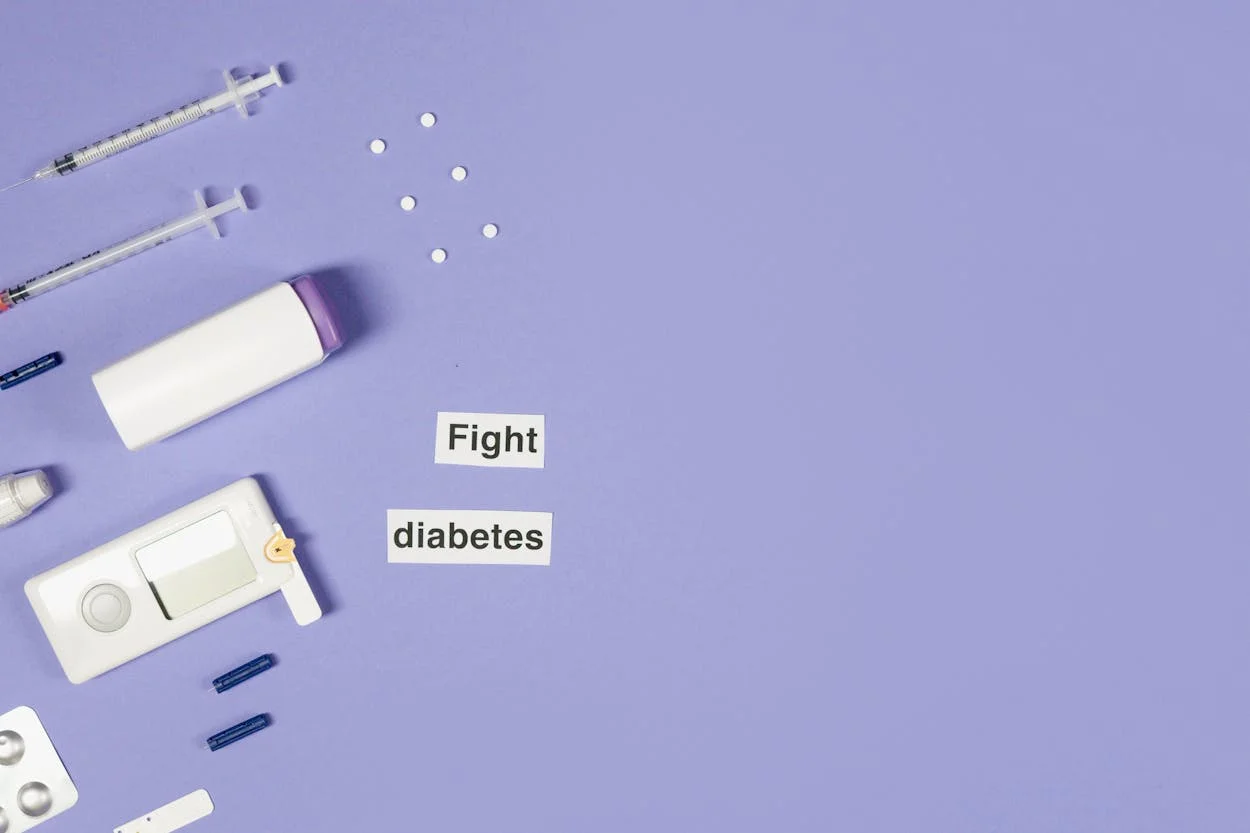
Eli Lilly and Company (NYSE: LLY) today released detailed findings from the QWINT-5 phase 3 trial, which compared once-weekly insulin efsitora alfa (efsitora) to daily insulin degludec in adults with type 1 diabetes. These patients required both daily basal insulin and multiple daily injections of mealtime insulin. The data were published in The Lancet and presented at the European Association for the Study of Diabetes (EASD) Annual Meeting 2024.
The trial results showed that efsitora met its primary goal, achieving non-inferior A1C reduction at 26 weeks. For the efficacy estimand, efsitora lowered A1C by 0.53%, compared to a 0.59% reduction with insulin degludec, leading to final A1C levels of 7.37% and 7.32%, respectively.
In a key secondary measure, the time spent in the target glucose range (as monitored by continuous glucose monitoring, or CGM) was similar between the two insulins during the last four weeks of the 26-week period. Another important secondary endpoint showed that the combined rate of patient-reported clinically significant (blood glucose <54 mg/dL) or severe nocturnal hypoglycemic events per patient-year was also comparable between efsitora and insulin degludec over the 52-week study.
“People with type 1 diabetes rely on daily insulin, often delivered via an automated system or through basal and mealtime injections,” said Dr. Richard Bergenstal, executive director of the International Diabetes Center at HealthPartners Institute. “This study demonstrates that once-weekly basal insulin efsitora can provide similar A1C control to daily insulin degludec, offering the potential for a more convenient treatment option. Future evaluations will focus on minimizing hypoglycemia and personalizing diabetes management.”
Over the full 52 weeks, the estimated rate of clinically significant or severe hypoglycemia per patient-year was 14.03 with efsitora compared to 11.59 with insulin degludec. Notably, no extended periods of hypoglycemia were observed with efsitora according to CGM data.
However, the study did find that the rate of severe hypoglycemic events per patient-year was 0.14 with efsitora, higher than the 0.04 rate seen with insulin degludec. More than half of these severe events with efsitora occurred during the first 12 weeks of treatment, with the incidence declining after that period in both groups.
The overall incidence of treatment-emergent adverse events was similar between the two groups, though efsitora showed a higher rate of serious adverse events, primarily driven by severe hypoglycemia.
“When we first commercialized insulin over 100 years ago, it marked the beginning of our dedication to people living with type 1 diabetes. Today’s announcement continues that legacy,” said Dr. Jeff Emmick, senior vice president of product development at Lilly. “These findings emphasize efsitora’s potential to simplify insulin management for some individuals with type 1 diabetes. We remain committed to advancing new therapies until we can one day eliminate this disease entirely.





